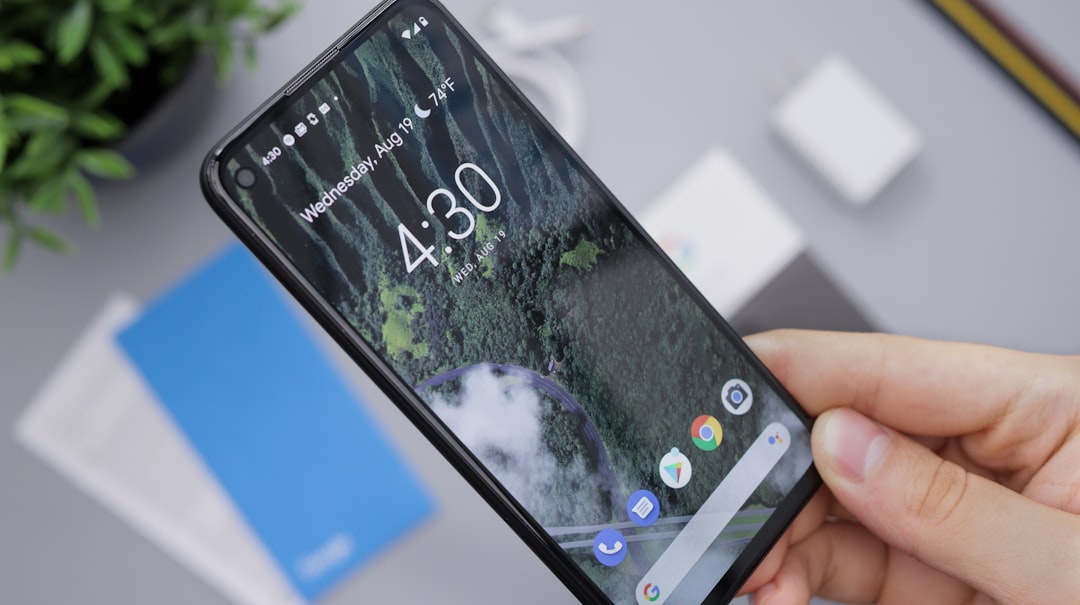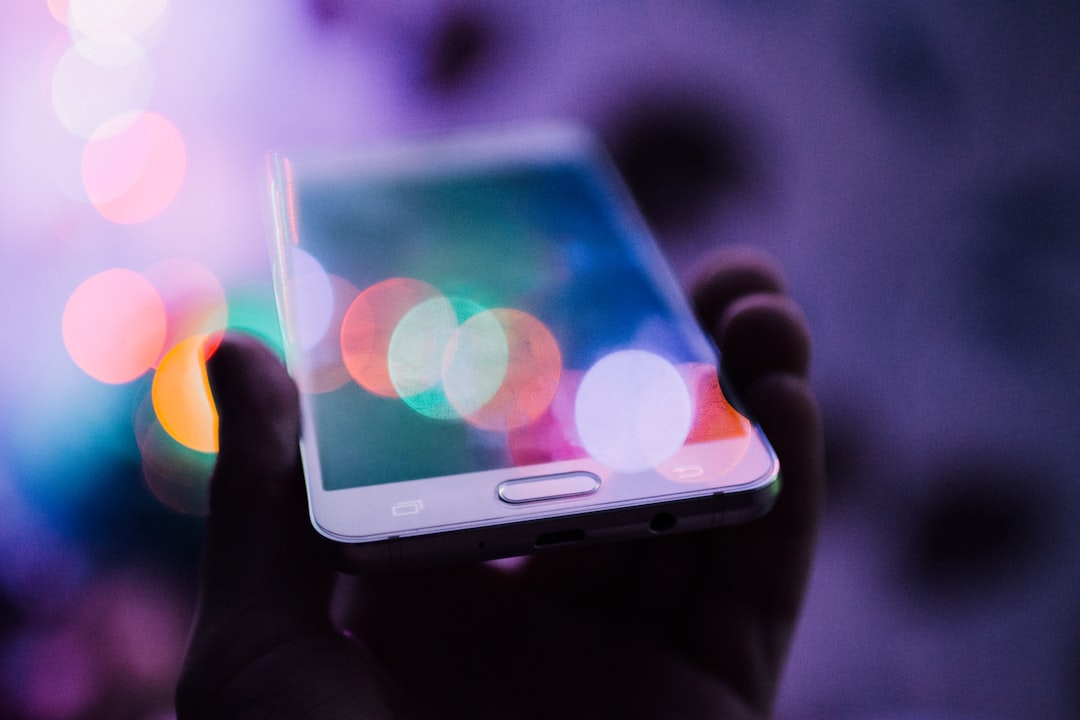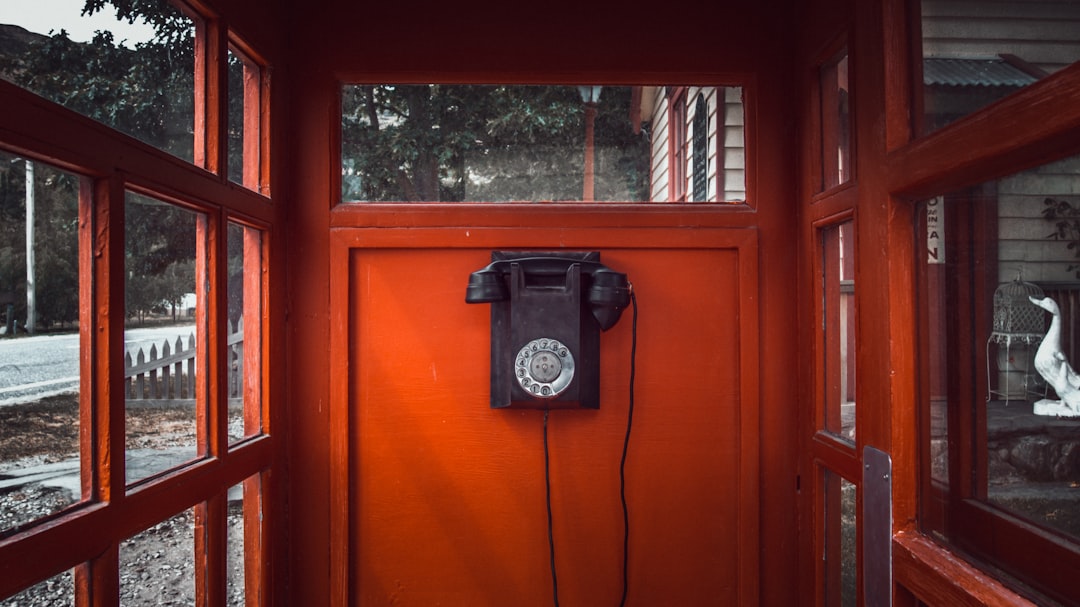Minnesota's No Call Laws protect college students from intrusive telemarketing calls, especially during peak hours, fostering a balanced academic environment. Students can file complaints with the Attorney General's Office and register on the "Do Not Call" list for commercial calls, benefiting from reduced debt collection harassment and fairer communication practices. These laws enable students to control their personal time and space, enhancing their educational experience.
“In Minnesota, ‘No Call Laws’ have emerged as a critical aspect of consumer protection, limiting how often debt collectors can contact individuals. This article explores the profound effects of these laws on college students in the state. We delve into the ways No Call Laws safeguard students’ privacy, balance educational pursuits with legal rights, and influence student debt collection practices. Understanding these dynamics is essential for both students and lenders to navigate the legal protections offered during the critical school years.”
Understanding No Call Laws in Minnesota

In Minnesota, No Call Laws are designed to protect individuals from unwanted phone calls, especially from telemarketers. These laws limit the number of automated or prerecorded telephone messages sent to residential phones during certain hours. In terms of college students, this means that while they may receive calls promoting various services or products, there are restrictions on when these calls can be made. Typically, such calls are prohibited between 9:00 a.m. and 5:00 p.m. local time to avoid disturbing individuals during their daily activities or studies.
Students should also be aware that these laws offer some level of protection from persistent or harassing calls. If a student feels they have been targeted by unwanted phone marketing, they can file a complaint with the Minnesota Attorney General’s Office. Understanding and knowing their rights under No Call Laws can empower students to take control of their communication and avoid unnecessary disturbances during their academic pursuits in this vibrant college landscape.
Impact on College Students' Privacy
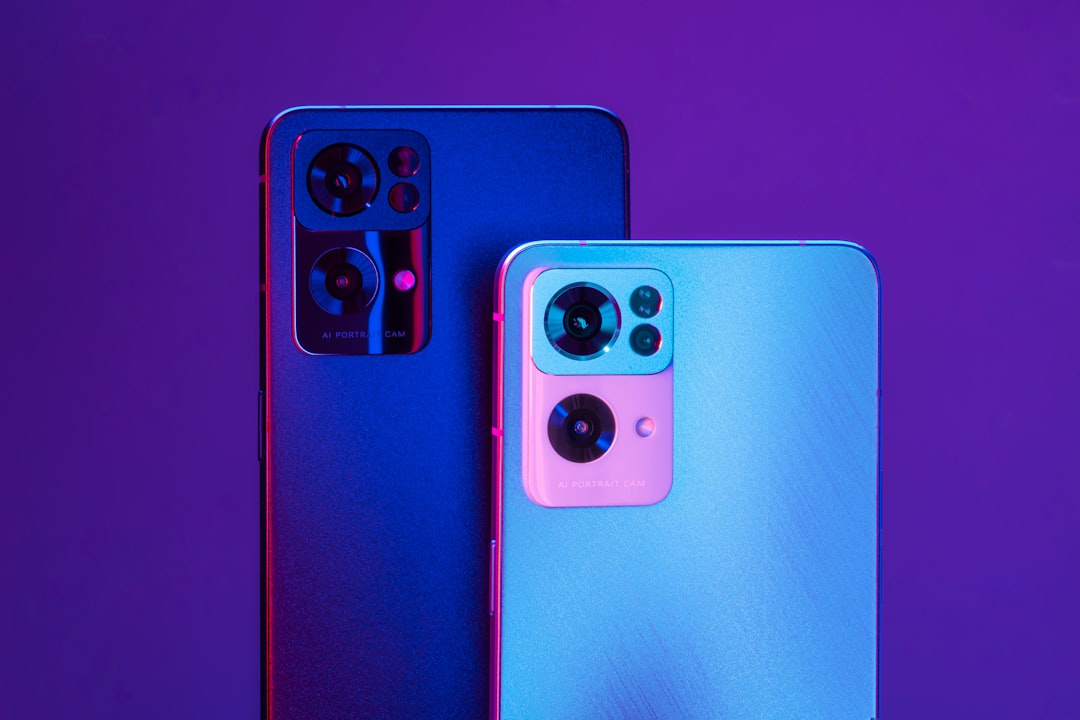
College students in Minnesota, like many other states, are protected by “No Call Laws” designed to prevent unwanted phone calls, especially from telemarketers. These laws significantly impact college students’ privacy by limiting the number of marketing calls they receive on their personal or campus phones. With a growing reliance on mobile devices for communication and education, students value their personal time and space away from commercial intrusions.
No Call Laws in Minnesota give students control over who can reach them, reducing the constant barrage of sales pitches that can be overwhelming and intrusive. This newfound privacy allows students to focus better on their studies and enjoy a more balanced lifestyle, free from relentless marketing efforts. It’s a significant step towards protecting young adults’ right to peace and quiet in an increasingly connected world.
Balancing Education and Legal Rights

College students in Minnesota, like anywhere else with No Call Laws, face a unique balance between their educational pursuits and legal rights. These laws, designed to protect consumers from unwanted telemarketing calls, can sometimes clash with the need for students to stay connected—whether it’s for academic purposes or keeping up with personal matters. Students may find themselves caught between attending classes, participating in extracurricular activities, and responding to legitimate calls that are not always easily identifiable as such.
In the realm of higher education, this balance becomes even more critical. Students rely on communication channels for everything from receiving important academic updates to connecting with financial aid offices or career services. No Call Laws must consider these needs while ensuring that students aren’t disrupted during crucial study times or when they’re actively engaged in classroom activities. Minnesota’s approach to enforcing these laws, therefore, plays a significant role in supporting the educational experience of its college students.
How These Laws Affect Student Debt Collection

No Call Laws in Minnesota have significantly impacted student debt collection practices. These laws restrict the number of calls and emails debt collectors can make, providing students with much-needed relief from persistent harassment. With reduced contact, students are better equipped to manage their debts effectively, as they have more time to respond and develop repayment plans. This shift also encourages responsible lending institutions to consider alternative debt recovery strategies that prioritize student well-being.
The implementation of No Call Laws has led to a calmer and more supportive environment for Minnesota’s college students. It enables them to focus on their education without the constant pressure of debt collectors. Consequently, students can explore various repayment options, seek guidance from financial aid offices, and make informed decisions about their future financial obligations. This change in approach ensures that debt collection processes are fairer and less intrusive, fostering a healthier relationship between lenders and borrowers.
Navigating Legal Protections During School Years
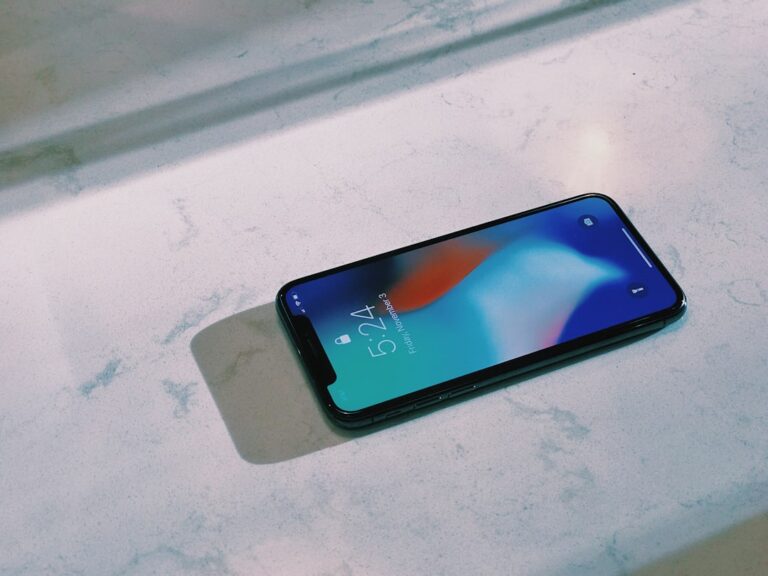
Navigating legal protections during school years is a crucial aspect for college students in Minnesota, especially with the implementation of No Call Laws. These laws are designed to safeguard students from unwanted phone calls and text messages, particularly from telemarketers and debt collectors. During their academic journey, students often juggle classes, extracurriculars, and personal lives, making it vital to have a break from persistent communication attempts.
In Minnesota, No Call Laws provide students with significant legal defenses. They are permitted to register their phone numbers on the state’s “Do Not Call” list, effectively blocking most commercial calls. Additionally, federal laws like the Telephone Consumer Protection Act (TCPA) offer further protection, making it illegal for businesses to call or text without prior consent. Students should familiarize themselves with these rights to ensure a quieter, more focused environment while pursuing their education.
